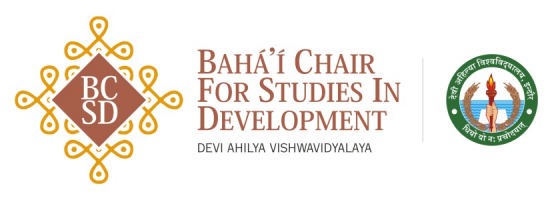
Lecture on ‘Technology and Ethics for Sustainable Development’
January 24, 2024
Lecture on ‘Labour Rights and Labour Codes: Addressing Institutionalized Inequalities in India’
January 24, 202411 OCTOBER 2023
The talk begins with a historical overview of community-managed water systems in India from pre-colonial times to the post-independence era. It is generally believed that colonial policies led to the collapse of these community-managed systems. Though this is largely true there have also been internal contradictions that have contributed to their collapse. In this lecture, efforts are made to problematize the concept of “community” and bring forth the issue of caste which has often been missing in the discourse on community-managed water systems. The second part of the talk focused on the bio-physical and socio-cultural peculiarities or characteristics of water that have a bearing on the institutions that we design to manage water. The third and final part of the talk focuses on the normative concerns that should underpin the community management of water as a common pool resource.
Click here for the background note.
Event Highlights Photo

https://www.youtube.com/watch?v=C6UJskg88zQ
About the speaker:
K. J. Joy is a Founding Member and Senior Fellow, Society for Promoting Participative Ecosystem Management (SOPPECOM), Pune, India, and the Convener of the Forum for Policy Dialogue on Water Conflicts in India. Mr. Joy has been an activist-researcher for nearly 40 years and his areas of interest include drought, participatory irrigation management, river-basin management, institutions, multi-stakeholder processes, water conflicts, dams and hydropower, renewable energy, water ethics, and people’s movements. He was a Fulbright Fellow with the University of California at Berkeley and was the recipient of the TN Khoshoo Memorial Award in 2016. He has published extensively on water-environment-development issues and some of his co-authored/co-edited books include Split Waters: The Idea of Water Conflicts; India’s Water Futures: Emergent Ideas and Pathways; Alternative Futures: India Unshackled; Water Conflicts in Northeast India; Water Conflicts in India: A Million Revolts in the Making and Community-based Natural Resource Management: Issues and Cases from South Asia.

